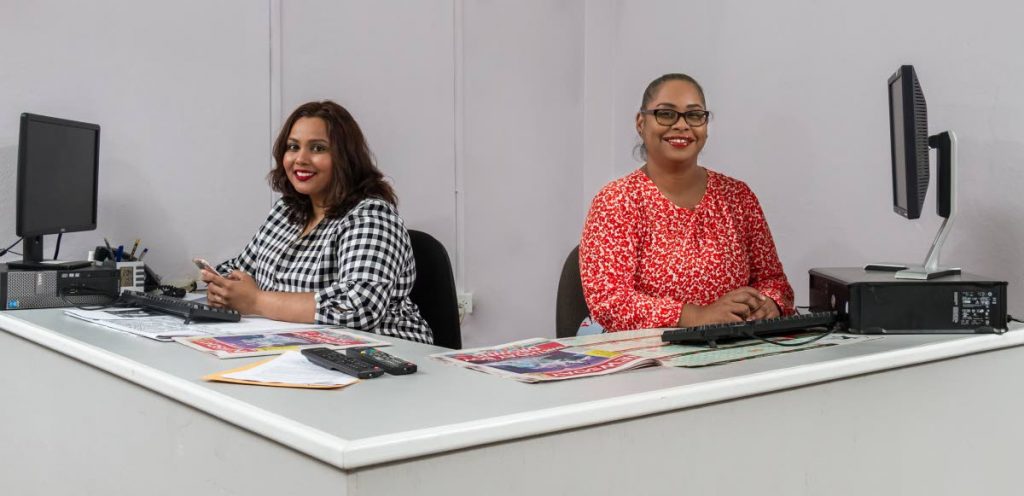Business Day - Relating technicalities to everyday experiences

I think I always knew I’d be a journalist. It wasn’t exactly a choice but just... an accepted part of my life’s trajectory.
It’s possible that my love for journalism stemmed from the fact I always did best in English class, or because I grew up idolising strong female characters like Lois Lane and April O’Neil. It could even because of that crush I had as a teenager on the hot CNN guy.
But I will freely admit – I became a business journalist because I didn’t want to cover crime.
Journalists tend to shy away from business and economic reporting, probably because it has to do with maths and if we were any good at maths, why would we choose to be writers?
But even numbers can tell a story, and if nothing else, that’s what we as reporters do best: find the story and tell it in a compelling and relevant way.
One of the hot topics in news is always “the economy.” The economy is, however, much more than this monolithic entity it’s typically made out to be, and instead should be considered a multifaceted, almost organic being that reacts to stimuli just like any living creature. That’s because “the economy,” no matter how much it depends on oil and gas or manufacturing or agriculture or technology or whatever cool buzzwords “experts” like to toss around, is made up of people.
That’s the real story.
“The economy,” though, often gets shrouded in jargon that most people find it hard to understand. And if you don’t understand something, well, chances are you’re not going to care enough to pay attention to it.
That’s my job – to help people care about the economy by translating that jargon into language that’s easier to get, so you don’t need to have a PhD in economics just to figure out why banks might raise interest rates or why the government is choosing to maintain a stable foreign exchange rate or even how and why things like crime and traffic affect productivity.
Stories in the Business Day try to reflect that everyday experience. We want people to know just what the Regulated Industries Commission is and how they decide if water and electricity rates should go up; why have Maracas and Las Cuevas, two of the country’s top beaches, been allowed to fall into disrepair; how exactly does the National Investment Fund work; who is the new president of the Association of Female Executives of TT; and when will scanners on the ports of Point Lisas and Port of Spain be operational?
It’s not always easy – a lot of this stuff is technical, often political and riddled with dreaded numbers – so it takes a lot of work to distil all that information and package so it’s easy to read (even if the material is a bit boring – but it’s hard to make economic growth sexy even when it means the country is finally starting to emerge for a years-long economic recession. See? I’m sure your eyes glazed over for a while there.)
But even if the words economic growth and recession meant nothing to you on a literal level, you’ve almost certainly felt it, maybe because you lost your job, or else can’t find one; the inability to get enough US dollars at the bank to travel; a higher grocery bill; or the fact that water and electricity rates might go up.
Sure, the economy makes the front page for headline events like the national budget or the mid-year review, but business news is all around, and it’s not just for business people.
Everybody needs to know what keeps TT chugging along. It’s the corner shop where you buy your newspapers and a snack every day; it’s learning how to log in to internet banking to avoid long bank lines; and if you really have to pay property tax on your doghouse or duckpond.
Real people read Newsday, so when I write business news, I want to make sure everyone understands it, because if people understand what goes on around them, they can make better choices. And that can only benefit the country.
My high-school economics teacher once told me that even though I understood economic concepts, I never used to write in the economic language, and that’s why I could never get a higher grade.
Well, it turns out, I was actually training for my future career. Maybe I was destined to be a business journalist, after all.


Comments
"Business Day – Relating technicalities to everyday experiences"